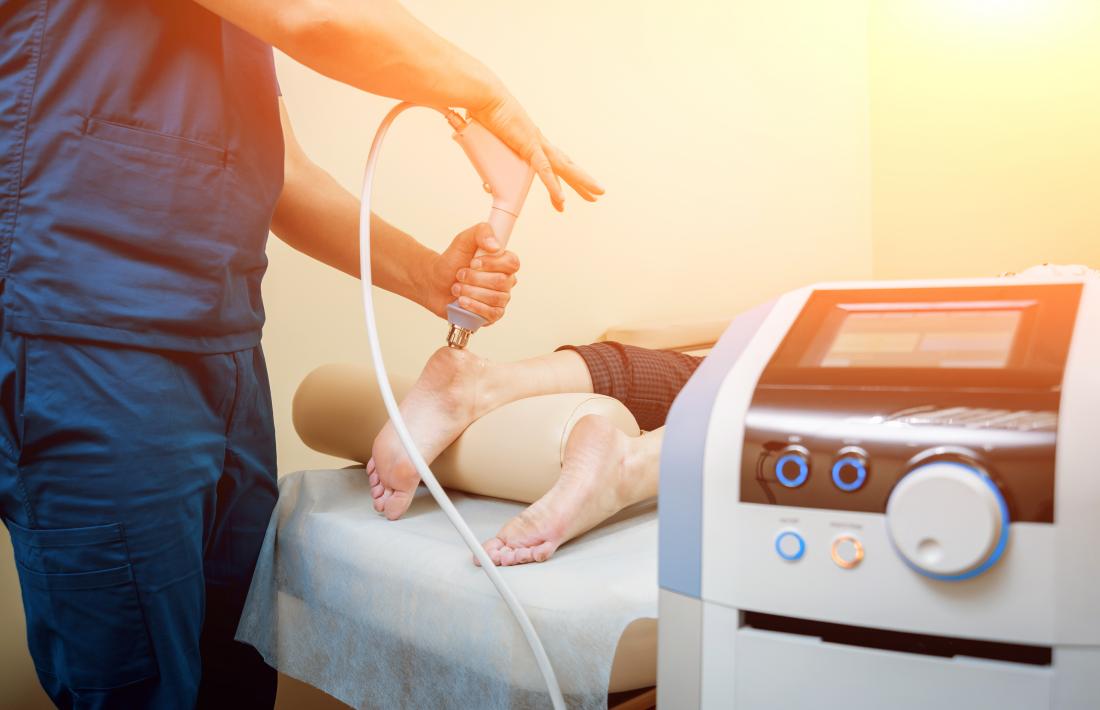Comprehensive Guide to Sweaty Hands Treatment: Proven Dermatology Methods
Comprehensive Guide to Sweaty Hands Treatment: Proven Dermatology Methods
Blog Article
Comprehending the Origin Reasons of Excessive Sweating and Its Impact on Every Day Life
Too much sweating, also referred to as hyperhidrosis, is a condition that impacts a substantial section of the population, yet its underlying reasons and effects on daily working stay rather enigmatic. While it is commonly understood as a physical feedback to regulate body temperature, the triggers for excessive sweating can vary commonly amongst people, incorporating not just physical factors but mental and likewise psychological aspects. Moreover, the influence of this problem expands past plain pain, commonly affecting social interactions and overall top quality of life. By diving into the root causes of hyperhidrosis and exploring its multifaceted results, a much deeper understanding of this prevalent problem can be acquired, shedding light on the complexities that people facing extreme sweating navigate on a daily basis.
Physiology of Sweat Glands
The guideline of sweat production, a crucial physical procedure, is mostly controlled by the task of sweat glands distributed throughout the human body. Sweat glands are categorized into two primary types: eccrine and apocrine glands.
When the body temperature level rises, either as a result of exercise, heats, or psychological tension, the nervous system activates the sweat glands to generate sweat. This sweat is composed largely of water and electrolytes like salt and chloride. The process of sweat manufacturing is vital for maintaining the body's inner temperature within a narrow, ideal array, highlighting the critical function sweat glands play in human physiology.
Triggers for Excessive Sweating
In recognizing the source of excessive sweating, it is important to recognize the triggers that can lead to this physiological reaction. Too much sweating, additionally called hyperhidrosis, can be prompted by different factors, both physiological and environmental. One typical trigger is psychological stress or stress and anxiety, which can promote the body's sweat glands to create more sweat than is required for cooling. Physical effort, high temperatures, and spicy foods are likewise known to set off excessive sweating in individuals prone to this problem. In addition, particular clinical problems like hyperthyroidism, menopause, or diabetic issues can add to too much sweating also.
Moreover, medications such as some antidepressants, opioids, and particular supplements can likewise serve as triggers for hyperhidrosis. Understanding these triggers is essential in managing too much sweating properly - Sweaty hands treatment. By recognizing and resolving the details triggers that motivate extreme sweating in a private, doctor can create individualized treatment strategies to reduce this problem and boost the individual's lifestyle
Medical Conditions Associated
Related to too much sweating are different clinical conditions that can exacerbate this physical feedback. One typical condition is hyperhidrosis, a condition identified by abnormally increased sweating that goes beyond the body's thermoregulatory needs. This can show up in focal areas like the palms, soles, try this site underarms, or face, affecting a person's lifestyle because of social shame and discomfort.
Additionally, endocrine disorders such as hyperthyroidism, diabetes, and menopausal warm flashes can likewise lead to extreme sweating. Hyperthyroidism causes an overproduction of thyroid hormonal agents, increasing metabolic process and setting off sweating.
Furthermore, infections like tuberculosis, endocarditis, and hiv have been linked with night sweats, a typical symptom known to disrupt rest and impact total well-being. These medical conditions highlight the diverse variety of underlying factors that can add to excessive sweating, necessitating comprehensive assessment and management by medical care experts.
Emotional and emotional Variables

Effect on Social Interactions
Extreme sweating can have extensive impacts on a person's ability to involve comfortably in social communications. The noticeable indicators of sweat spots or wet patches on clothes can bring about shame and self-consciousness, creating individuals to take out from social scenarios. This withdrawal can impact connections, restriction social tasks, and prevent personal and expert growth.

Furthermore, the stress and anxiety and self-worth concerns stemming from excessive sweating can affect communication and interpersonal skills. Individuals may have a hard time to concentrate on conversations, take part in group activities, or express themselves confidently. This can result in feelings of isolation and loneliness, as social connections become challenging to maintain.
Conclusion

While it is typically understood as a physiological response to regulate body temperature level, the triggers for extreme sweating can vary widely amongst people, including not only physical variables yet likewise emotional and emotional elements. By diving into the origin triggers of hyperhidrosis and exploring its complex impacts, a deeper understanding of this prevalent issue can be obtained, dropping light on the complexities that people grappling with extreme sweating navigate on a day-to-day basis.
Physical effort, high temperatures, and spicy foods are additionally known to cause extreme sweating in individuals susceptible to this condition. By recognizing and attending to the specific triggers that motivate excessive sweating in a specific, health care providers can create individualized treatment strategies to reduce this condition and boost the individual's top quality of life.
Excessive sweating can have profound results on an individual's capability to involve conveniently in social communications.
Report this page